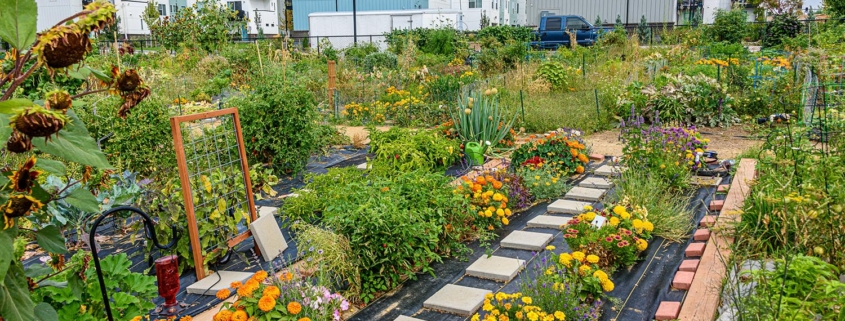Locally Led Adaptation Principles and Projects
Locally Led Adaptation (LLA) refers to community-led initiatives that are intended to guide people toward climate adaptation practices that are owned locally by community members and other partners.
According to the Global Commission on Adaptation, there are eight principles to guide locally led adaptation:
- “Devolving decision making to the lowest appropriate level” to facilitate direct engagement in determining the trajectory of local adaptation efforts.
- “Addressing structural inequalities faced by women, youth, children, Indigenous peoples and all those who are marginalized by society.”
- “Providing patient and predictable funding that can be accessed more easily,” so that locally-led initiatives and governance structures are sustainable over time.
- “Investing in local capabilities to leave an institutional legacy” and ensure long-lasting solutions rather than focusing solely on project-based funding and outcomes.
- “Building a robust understanding of climate risk and uncertainty” to inform decision making about local adaptation through different knowledge sources and experiences, including scientific data and Indigenous Traditional Knowledges.
- “Flexible programming and learning” that work with uncertainty and unpredictability exacerbated by climate change.
- “Ensuring transparency and accountability” among all participants.
- “Collaborative action and investment…across sectors, initiatives, and levels.”
A form of project-based funds for local, small-scale, Indigenous-led climate adaptation initiatives located in First Nation communities south of the 60th parallel, is Canada’s First Nation Adapt (FNA) program. However, to ensure the long-term effectiveness of locally led adaptation efforts and associated governance structures, communities need sustainable and predictable financing.
By Leela Viswanathan
(Image Credit: Steve Adams, Unsplash)

 Steve Adams, Unsplash
Steve Adams, Unsplash
 Rich Martello, Unsplash
Rich Martello, Unsplash Naja Bertolt Jensen
Naja Bertolt Jensen